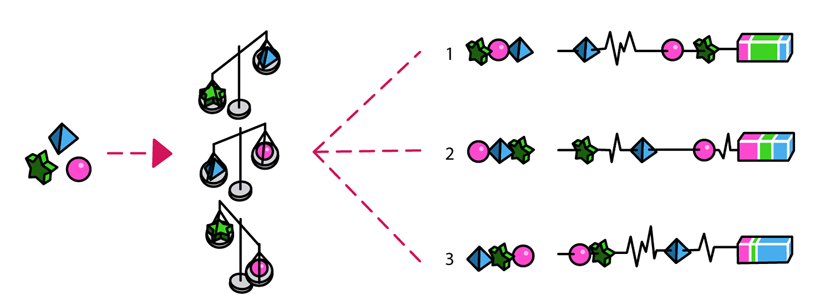Innovation Mechanism 4: Proof of Concept
Do you scramble to meet milestones? You might be missing the mark.
Focus on designing the right experiments, not moving to the next phase.
Champion innovators don’t plan for a compound’s success – they plan for knowledge. They want to discover whether a treatment will help patients – not discover a signal to justify moving their program forward.
Starting with a well-formulated hypothesis, teams plan a sequence of experiments that would progressively reduce the uncertainty of whether the treatment will work in the real world. Research investments enable the company to avoid costly clinical studies when the likelihood of success is minimal.
Unlike the norm in science-based organizations, where negative results are black marks, smart R&D groups synthesize knowledge from experiments that both proved and disproved their therapeutic hypotheses. This growing knowledge base improves the group’s ability to assess the value of opportunities and make sound investment decisions.
Recommendation: Reverse perverse incentives
Don’t reward starting new phases unless you want late-phase disappointments.
Moving to a new phase isn’t a value-creation event. It’s a commitment to spend money.
Don’t push teams to shorten timelines – push them to find more elegant ways to get the data you need.
Talk about the decisions you must make before arguing about the schedule.
Educate executives that faster isn’t better.
We know of a financial executive who genuinely believes that if you get to Phase 1 faster, your chance of approval is higher. Don’t let beliefs like that choke your team.
See what really drives innovation success. Click here for a free download of the Kummer Consulting case study, Mechanisms of Innovation.
For a free consultation on how to improve your organization’s effectiveness contact Merle at mkummer@kummerconsulting.com

